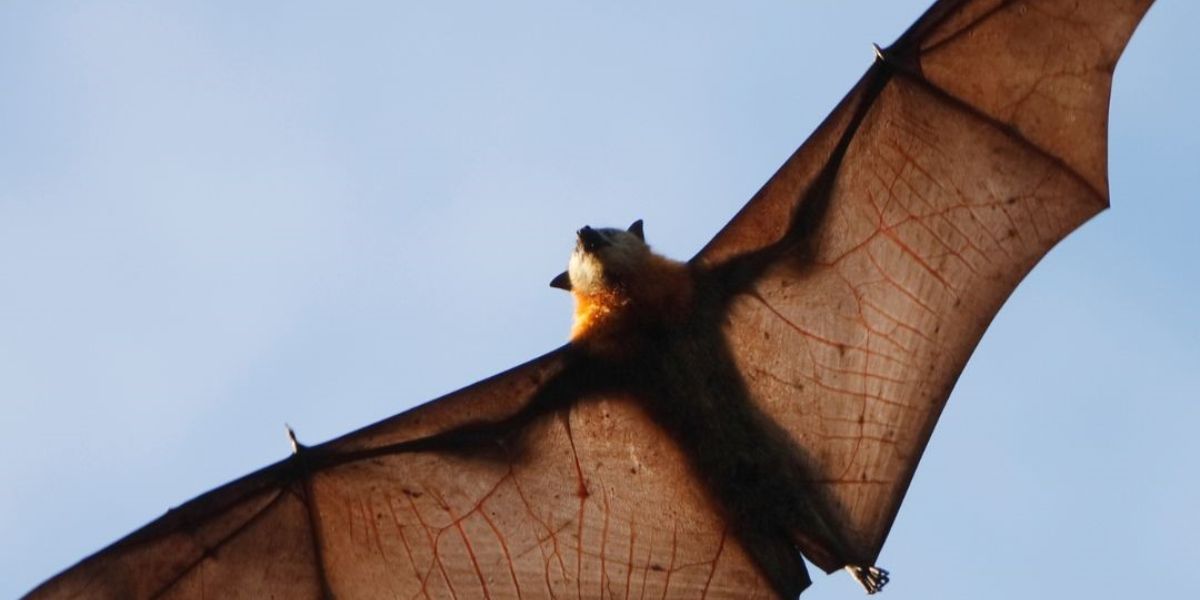Residents of the Hunter and New England regions are urged not to touch or handle flying foxes or microbats, no matter how distressed or injured the animal may appear, to protect themselves from infection and viruses, including the deadly Australian bat lyssavirus.
Hunter New England Local Health District Public Health Physician Dr David Durrheim said the warning was particularly timely, given the arrival of spring and warmer weather, when people may encounter bats more often.
“If a flying fox or microbat is found on the ground or appears to need help, it’s important not to touch or handle it, whether it is dead or alive,” Dr Durrheim said.
“Instead, we are urging the public to call their nearest wildlife rescue service to come to the bat’s aid.”
“If you see a dead bat in a public area, contact your local council and ask them to dispose of it. If a bat is in distress, please call your local wildlife rehabilitation organisation.”
Anyone who is bitten or scratched by a flying fox or microbat should immediately wash the wound thoroughly with soap and water for at least 15 minutes, and apply an antiseptic with anti-virus action (such as those outlined in the NSW lyssavirus factsheet) after washing.
“Anyone who has had contact with a bat must also seek medical attention as soon as possible to assess whether they are at risk of infection and to access post-exposure treatment and vaccination if required,” Dr Durrheim said.
Post-exposure treatment is crucial for people bitten or scratched by bats, as there is no effective treatment once the symptoms of Australian bat lyssavirus commence.
Lyssaviruses are a group of viruses that include bat lyssavirus in Australia and rabies overseas.
Australian bat lyssavirus can only be passed to humans from an infected flying fox or bat. Infection in humans can occur when bat saliva comes into contact with human tissue via an open wound or the eyes or mouth.
Rabies is a closely related lyssavirus that can be carried by mammals such as dogs, cats, monkeys, and bats worldwide, including in some of Australia’s closest neighbours, such as Bali and Thailand.
If you see a bat in distress, injured, or on the ground, do not try to rescue it and contact your nearest wildlife rescue service.
Some local providers include WIRES on 1300 094 737 and Hunter Wildlife Rescue on 0418 628 483.
For more information, visit the NSW Health website.
Read all the way through to the end of the story? So did lots of other people. Advertise with New England Times to reach New England locals who are interested and engaged. Find out more here.

